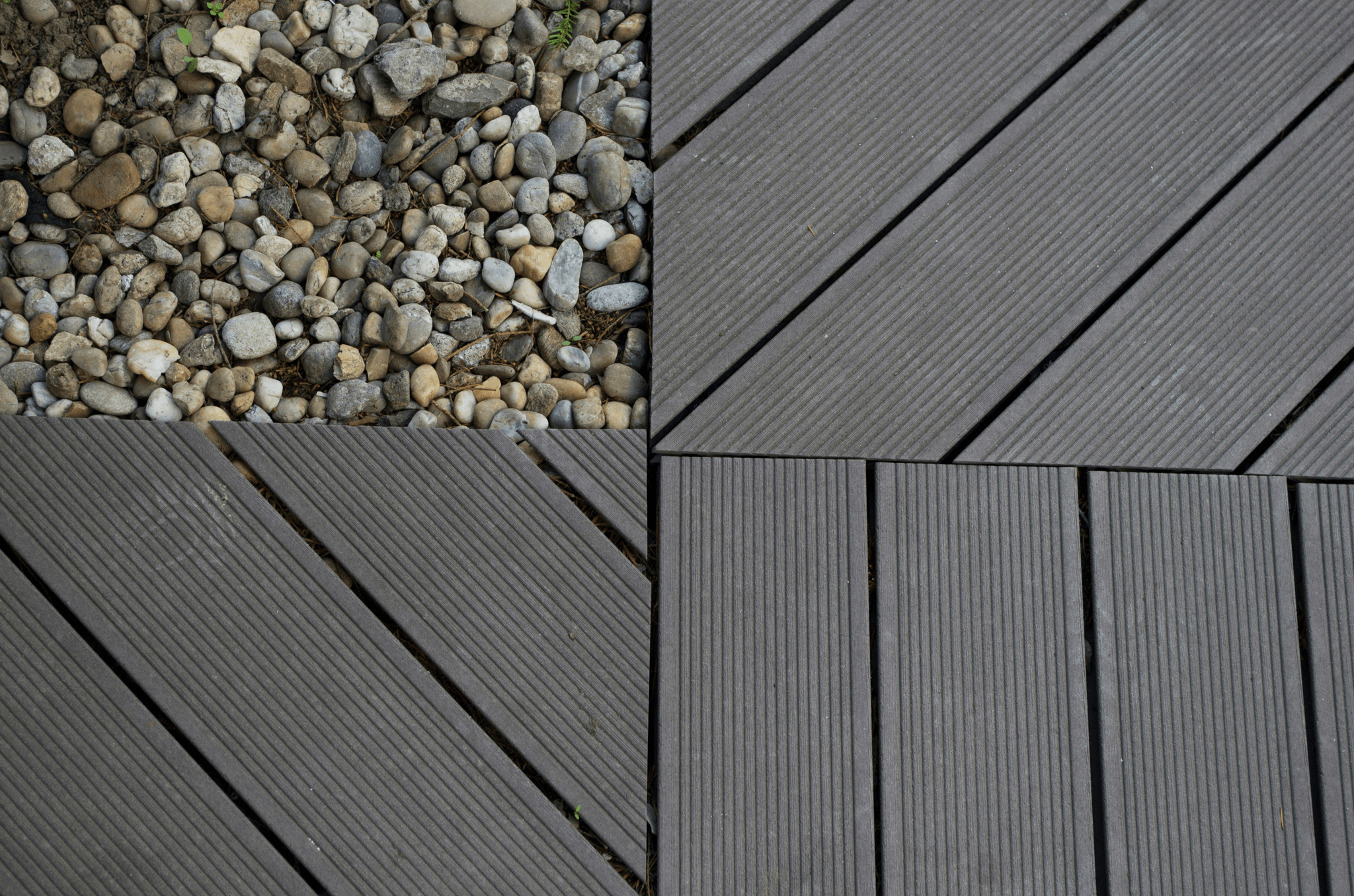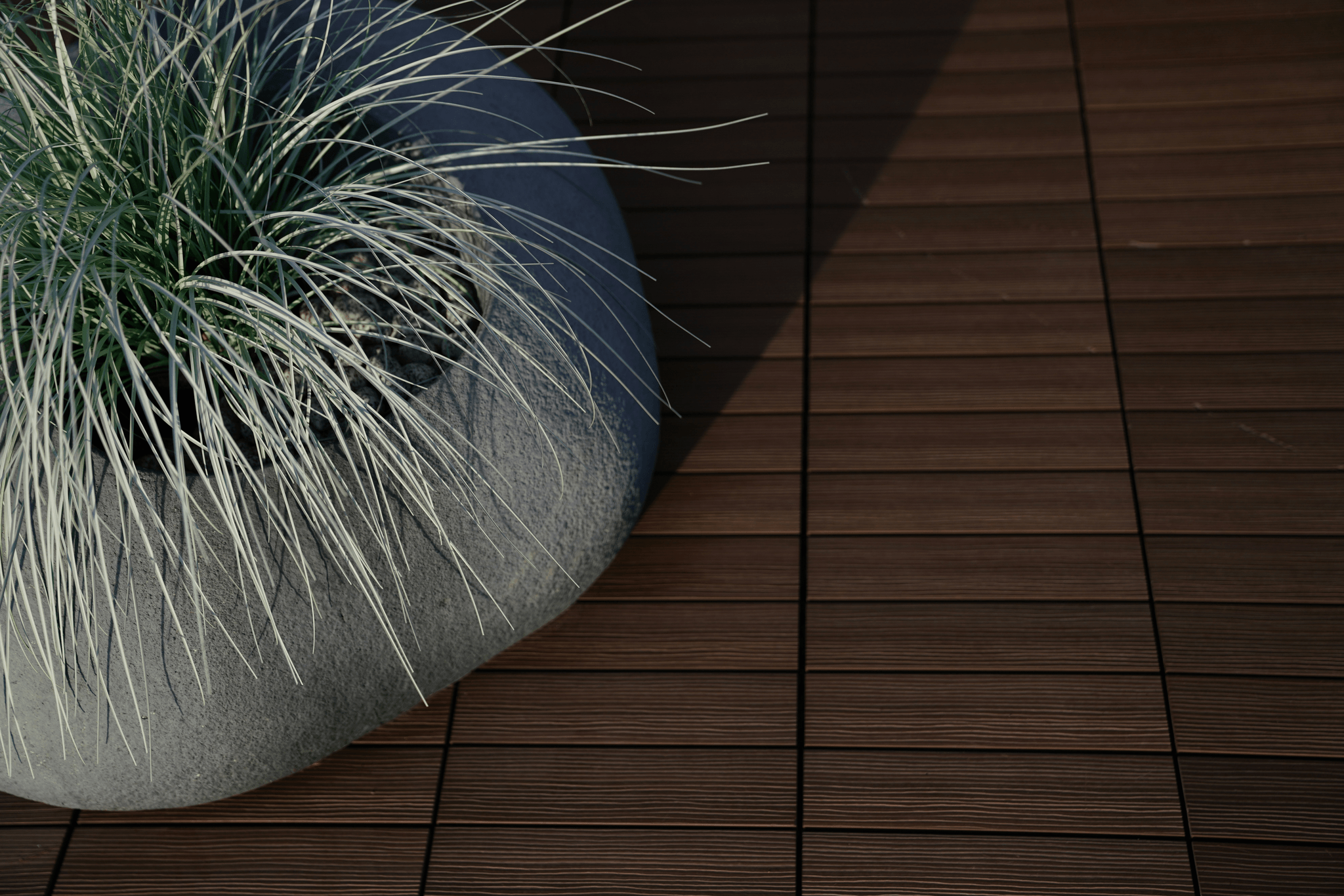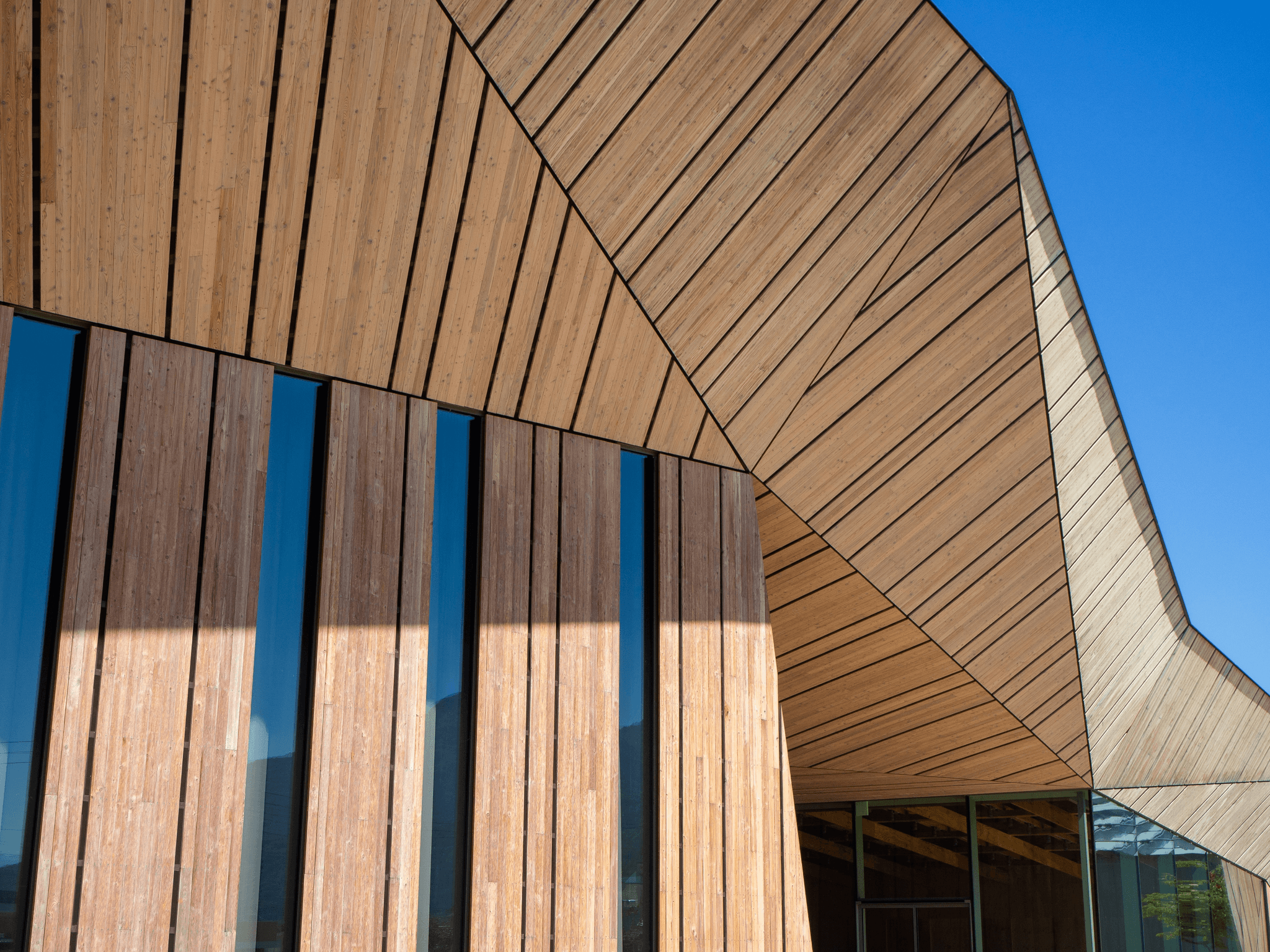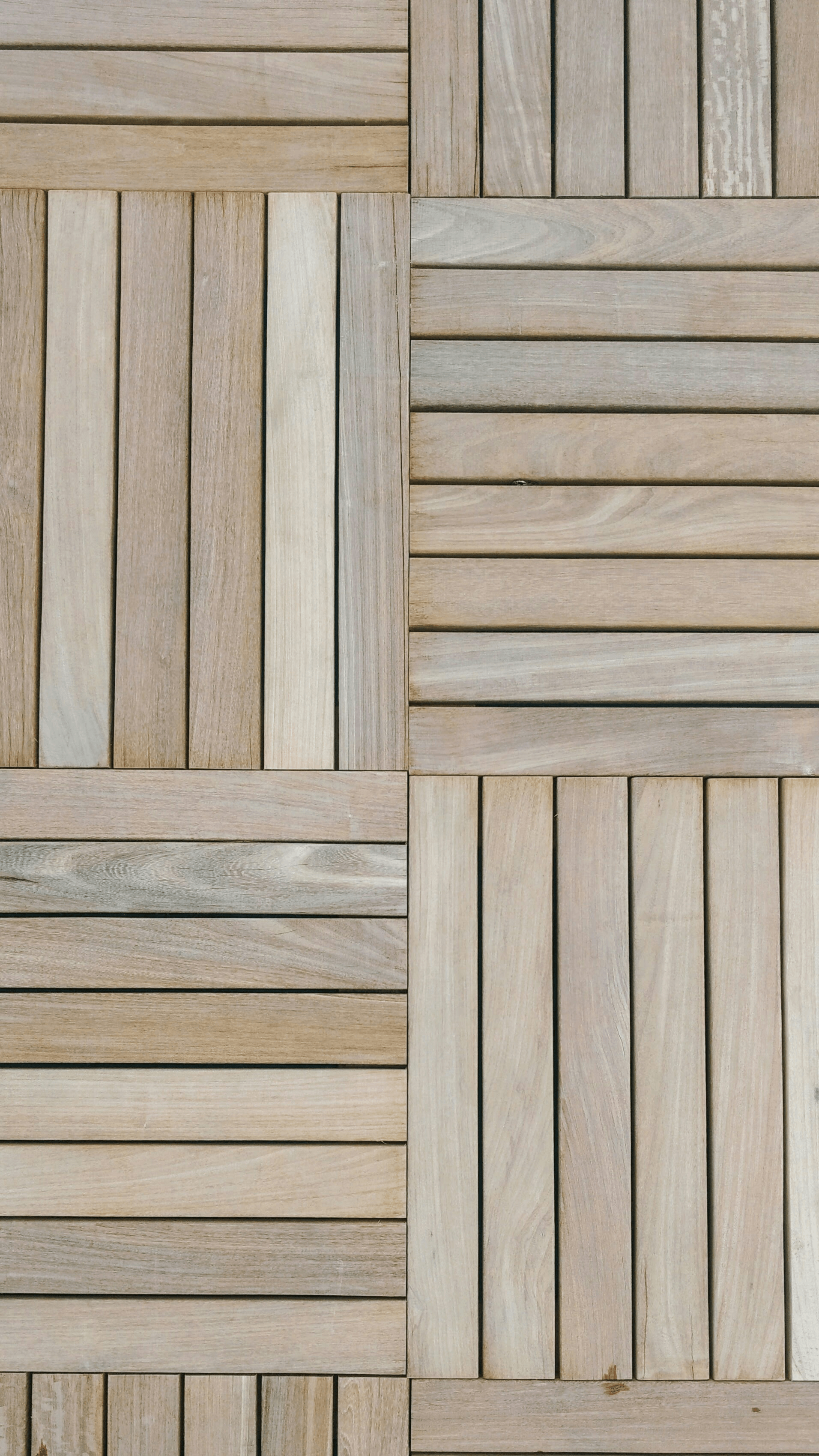Introduction

Understanding Floor Deck Types
Floor decks come in a variety of forms, each designed to meet specific needs within a building's framework. From traditional concrete slabs to innovative composite materials, knowing the differences helps in making informed decisions for your project. The choice between a sturdy roof deck and a versatile floor composite can significantly impact both performance and cost.
Why Floor Decks Matter
The significance of floor decks extends beyond mere support; they play a vital role in ensuring safety and durability in construction. A well-chosen floor deck contributes not only to the structural integrity but also enhances energy efficiency and comfort within spaces. With options like composite decking gaining popularity, understanding their advantages can lead to smarter investments in building projects.
Exploring Composite Decking Options
Composite decking has emerged as a front-runner in modern construction due to its remarkable durability and low maintenance requirements. These innovative materials blend wood fibers with plastic, resulting in products that resist rot while mimicking the look of traditional wood floors. As we explore composite decking boards price and other factors, it becomes clear why so many builders are opting for this sustainable alternative for both floor composite and roof deck applications.
What is a Floor Deck?

Definition and Purpose
A floor deck is essentially the horizontal framework that forms the base of floors in buildings, providing structural integrity while allowing for various finishes on top. It plays an integral role in distributing weight from furniture, occupants, and other loads evenly across the building's framework. In addition to supporting floors, floor decks also contribute to sound insulation, fire resistance, and overall safety within a structure.
Common Materials Used
Floor decks can be constructed using several materials, each with its unique advantages. Common options include concrete, steel, wood, and increasingly popular composite materials designed for durability and efficiency. Among these choices, composite decking boards have gained traction due to their lightweight nature combined with high strength—making them an ideal choice for modern construction projects looking for sustainability without sacrificing quality.
Key Benefits of Floor Decks
The benefits of installing a floor deck are numerous and often overlooked until it's too late! First off, they provide excellent load-bearing capabilities which ensure safety throughout your building’s lifespan. Moreover, many modern options like composite floor decking offer additional perks such as reduced maintenance needs compared to traditional wood or metal decks—meaning more time enjoying your space rather than fixing it up!
Types of Floor Decks

Overview of Various Deck Types
There are several common types of floor decks that cater to different construction requirements. Traditional concrete decks offer robust strength and durability, making them ideal for heavy loads in commercial buildings. On the other hand, metal decking provides lightweight yet resilient solutions for both residential and commercial structures, while wood decks add a classic aesthetic appeal but may require more maintenance over time.
Composite floor decking has emerged as a popular choice for many builders due to its blend of materials that enhance durability while minimizing upkeep. Roof decks also play a significant role in construction by providing structural support and insulation for rooftop spaces. Understanding these various types will help you make an informed decision on which floor deck suits your project best.
Comparison of Materials
When comparing materials used in floor decks, it's essential to consider factors such as cost, longevity, and maintenance requirements. Concrete is known for its strength but can be costly and labor-intensive to install compared to lighter alternatives like metal or composite options. Composite decking boards have surged in popularity due to their resistance to rot and fading while mimicking the appearance of natural wood without the hassle.
Wood remains a timeless favorite but often requires regular treatments against weathering and pests, making it less appealing for low-maintenance seekers. Metal decking offers excellent fire resistance but may not provide the same thermal insulation as composite or wooden options. Ultimately, choosing between these materials depends on balancing budget constraints with desired performance characteristics.
Ideal Uses for Each Type
Each type of floor deck has its own set of ideal applications based on its unique properties. For instance, concrete decks are perfect for high-load areas such as parking garages or industrial facilities where strength is paramount. In contrast, metal decking is commonly used in multi-story buildings where weight reduction is crucial without sacrificing structural integrity.
Composite floor decking shines in residential applications like patios or balconies where aesthetics matter just as much as functionality; it provides an attractive finish without extensive upkeep costs associated with traditional wood decks. Roof decks often serve dual purposes by supporting mechanical systems while also creating usable outdoor spaces—think rooftop gardens or lounges! Selecting the right type based on intended use will ensure your project meets both functional and aesthetic goals.
The Lowdown on Composite Decks

Advantages of Composite Decking
One major advantage of composite decking is its incredible resistance to weather and wear. Unlike traditional wood, which can warp, splinter, or rot over time, composite decks are engineered to withstand the elements, making them perfect for both floor decks and roof decks. Additionally, they require minimal maintenance—just an occasional wash with soap and water keeps them looking great!
Another perk is their impressive variety in design options. Whether you're aiming for a rustic vibe or a sleek modern look, there's a composite deck that fits your style perfectly. Plus, many manufacturers offer customizable colors and textures that mimic real wood grain without sacrificing durability.
Lastly, let’s talk about safety! Composite floor decking often comes with slip-resistant surfaces which are particularly beneficial for outdoor areas prone to moisture. So not only do you get style points but also peace of mind when it comes to your family’s safety.
Cost Analysis of Composite Decking Boards Price
When considering flooring options, it's essential to weigh the cost against long-term value—especially with composite decking boards price in mind. While upfront costs may be higher than traditional wood alternatives, the longevity and reduced maintenance costs make them a worthwhile investment over time. After all, who wants to spend weekends sanding or staining when you could be enjoying your beautiful new floor deck?
Typically, prices for composite decking range from $2 to $5 per linear foot depending on quality and brand—but remember that cheaper isn’t always better! Investing in high-quality composite materials ensures greater durability and performance over time; think of it as buying peace of mind along with your floor composite.
Moreover, consider potential savings on repairs or replacements down the line; fewer headaches mean more money left in your pocket for other exciting projects! So while you might shell out more initially for those stylish composite decking boards, they’ll pay off handsomely in years ahead.
Environmental Benefits of Composite Materials
In today’s world where sustainability is key, choosing eco-friendly options like composite materials can make all the difference! Most composites are made from recycled plastics and reclaimed wood fibers—this means less waste ending up in landfills while still giving you a stunning floor deck solution. By opting for these innovative products instead of virgin timber or plastic alternatives, you're making an environmentally conscious choice without compromising on quality.
Additionally, many brands prioritize sustainable practices during production processes which further reduces their carbon footprint compared to traditional lumber harvesting methods. This commitment not only benefits our planet but also enhances your home’s appeal—talk about winning!
Furthermore, since composites resist decay and pest infestations better than typical wooden structures do; this leads to fewer resources needed for replacement over time—a true win-win situation! Choosing durable solutions like composite floor decking supports eco-friendly living while ensuring that your outdoor spaces remain beautiful year-round.
Roof Decks Uncovered

Roof decks are more than just a flat surface; they play a critical role in the overall structure and functionality of a building. These elevated platforms can serve various purposes, from providing additional living space to enhancing the aesthetic appeal of a property. Understanding how roof decks work will help you appreciate their importance in both residential and commercial designs.
Functionality of Roof Decks
The primary function of a roof deck is to provide structural support and create usable space on top of buildings. This area can be transformed into an outdoor oasis, complete with seating, gardens, or even recreational areas—think rooftop bars or lounges! Additionally, roof decks contribute to energy efficiency by reflecting sunlight and reducing heat absorption, which can lower cooling costs for the entire building.
Types of Roof Decking Options
Traditional materials like wood and concrete have been popular for years; however, modern innovations have introduced composite decking options that offer durability without compromising style. Each type has its unique set of advantages: for instance, while wood may provide warmth and charm, composite floor decking boasts longevity and low maintenance needs—perfect for busy urban environments.
Maintenance Considerations
Maintaining your roof deck is crucial to ensure its longevity and performance over time. Regular inspections should be conducted to check for any signs of wear or damage; this is particularly important for traditional materials that may succumb to rot or weathering. On the other hand, composite decking boards typically require less upkeep due to their resistance against fading and staining—making them an attractive choice if you're looking at cost versus value in your floor deck investment.
Innovations in Composite Floor Decking

In the ever-evolving world of construction and design, innovations in composite floor decking are making waves. These advancements not only enhance the aesthetic appeal of spaces but also improve their functionality and sustainability. As architects and builders seek to create more efficient structures, the demand for high-quality floor decks continues to rise, with composite options leading the charge.
Latest Trends and Technologies
One of the latest trends in composite decking is the integration of smart technology into floor deck systems. These innovations can include sensors that monitor structural integrity or environmental conditions, allowing for proactive maintenance and increased safety. Additionally, advancements in manufacturing processes have led to more durable composite decking boards that resist fading, scratching, and moisture damage—making them ideal for both residential and commercial applications.
Another exciting trend is the use of recycled materials in composite floor decking production. This not only reduces waste but also lowers overall costs associated with material sourcing—a win-win situation when considering composite decking boards price. Furthermore, manufacturers are focusing on creating more realistic wood-like finishes that provide the warmth of natural wood without its maintenance hassles.
The Role of Composite Decking Inc
Composite Decking Inc has emerged as a key player in driving these innovations forward. Their commitment to research and development ensures they stay ahead of industry trends while providing high-quality products that meet diverse needs. By producing a range of options for both floor decks and roof decks, they cater to various architectural styles while emphasizing sustainability.
Moreover, Composite Decking Inc actively collaborates with designers and builders to create custom solutions tailored to specific projects. This collaborative approach not only enhances product offerings but also fosters innovation within the industry—ensuring that each new release meets market demands effectively. Their focus on eco-friendly practices further solidifies their role as a leader in sustainable construction materials.
Future of Composite Floor Decking
Looking ahead, the future of composite floor decking appears bright as technology continues to evolve alongside consumer preferences for sustainable building materials. With increasing awareness about environmental impacts, more builders are likely to opt for eco-friendly composites over traditional materials—driving further innovation in this sector.
Additionally, we may see enhanced customization options where homeowners can select colors, textures, and even performance features tailored specifically to their needs—making every project unique while ensuring durability and style are never compromised. As we embrace these changes, it’s clear that composite flooring will play an integral role in shaping modern architecture.
Conclusion

In wrapping up our exploration of floor decks, it’s clear that the right choice can significantly impact your project. Whether you’re leaning towards a traditional material or considering the modern marvels of composite options, understanding your needs is crucial. Remember, the perfect floor deck is not just about aesthetics; it’s about functionality and durability too.
Selecting the Right Floor Deck
Choosing the right floor deck involves more than just picking a color or design; it requires an understanding of your specific requirements and environment. For instance, if you're working on a roof deck, you’ll need to consider factors such as weight distribution and weather resistance. On the other hand, if you’re leaning towards a composite deck for your patio or balcony, focus on its long-term maintenance benefits and how it complements your lifestyle.
When selecting between various materials, think about how often you'll use the space and what kind of wear and tear it might endure. A robust floor composite could serve well in high-traffic areas while providing an aesthetically pleasing finish that rivals traditional wood. Ultimately, investing time in research will ensure you select a floor deck that meets both your practical needs and personal taste.
Cost vs. Value of Composite Decks
When evaluating composite decking boards price against their value, it's essential to look beyond initial costs. While composite decks may have a higher upfront investment compared to traditional materials like wood or concrete, they often pay off in longevity and reduced maintenance costs over time. This makes them an attractive option for homeowners looking to balance budget with quality.
Additionally, consider how much time you'll save on upkeep with composite flooring compared to natural wood alternatives that require regular staining or sealing. When factoring in these elements—durability, maintenance savings, and lifespan—the cost-effectiveness of composite floor decking becomes increasingly apparent. So while sticker shock might initially deter you from choosing a composite deck, remember that you're likely making a wise long-term investment.
Sustainable Options for Your Project
In today’s eco-conscious world, selecting sustainable options for your project is more important than ever—and this includes your choice of floor decks! Many manufacturers now offer environmentally friendly composites made from recycled materials that not only reduce waste but also minimize environmental impact during production processes. Opting for such sustainable solutions can enhance both the aesthetic appeal and ethical standing of your building project.
Furthermore, many modern composite decking boards are designed to be energy-efficient as well as durable against harsh weather conditions—making them ideal for roof decks exposed to the elements year-round. By choosing sustainable materials like these for your floor composite needs, you're not only benefiting yourself but also contributing positively to our planet's future health.
